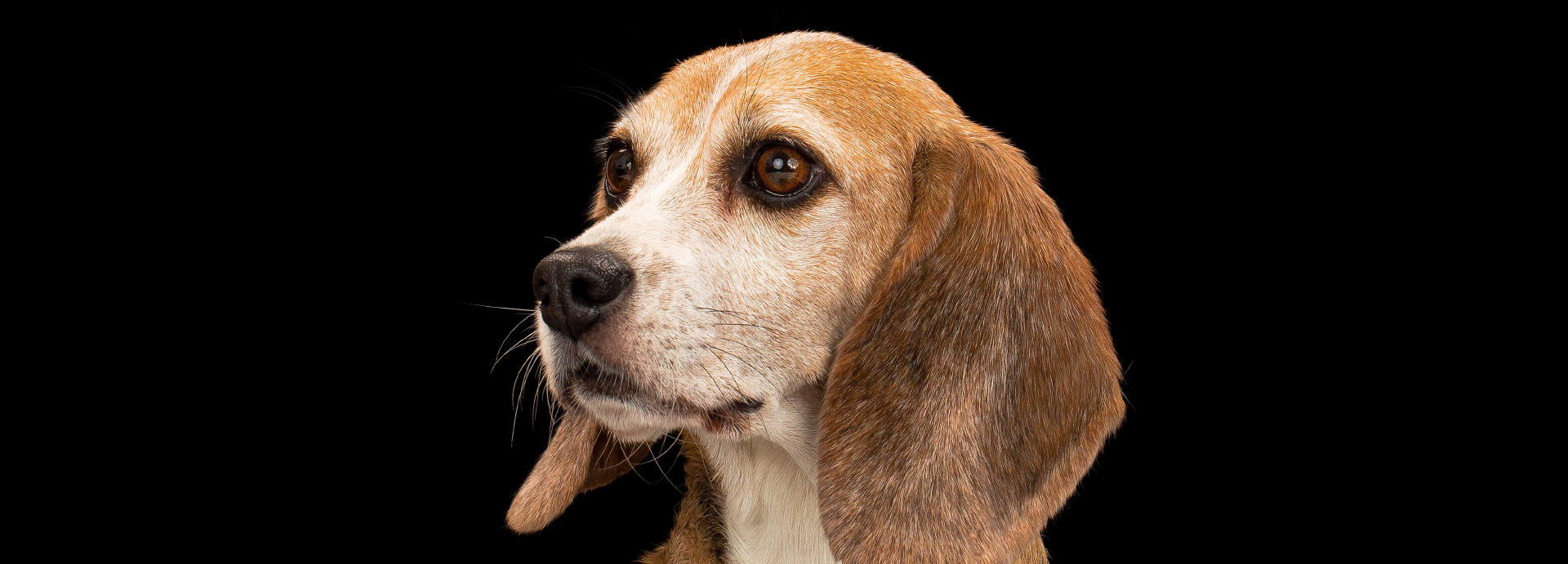By removing public access to animal welfare records, the USDA has made it much harder for the BFP and other organizations to rescue and rehome animals in need.
A digital filing cabinet stuffed with inspection reports, the U.S. Department of Agriculture’s animal welfare data, was unlocked and open to the public — until last Friday. Many had no reason to peruse the now inaccessible documents, but those who viewed them frequently say dogs and other animals are at risk if they can’t.
“Our organization uses this database almost on a daily basis,” explains Kevin Chase, vice president and director of operations for Beagle Freedom Project (BFP).
Part of Los Angeles-based nonprofit, Animal Rescue Media Education, the BFP is dedicated to rescuing and rehoming dogs (as well as cats and other animals) used in laboratories. Chase says tens of thousands of dogs are used in American labs every year.
“The last 2015 USDA-APHIS [Animal and Plant Health Inspection Service] report listed about 65,000 dogs and 20,000 cats used across the country — that’s how many are going to now be hidden.”
The information formerly available through the USDA’s APHIS website allowed BFP to know which universities and private commercial companies are using Beagles (the docile breed is the most common type of dog found in laboratories) and other animals in labs. BFP would then reach out to the labs and ask if they would like to set up a post-research adoption program instead of euthanizing animals considered experimentally spent.
“Without this database, if a university tomorrow starts using dogs or cats or other animals, we would have no idea. We wouldn’t be able to send them a proposal. We wouldn’t be able to do outreach,” Chase explains.
It’s only been a few days since the USDA took its reports offline, but BFP is already feeling the impact.
“We do a mailer every February, and this year we won’t have the most recent records,” Chase explains.
When asked what the removal of the USDA materials forecasts for animal rescue in the United States, Chase was blunt.
“It couldn’t be worse,” he said.
BFP isn’t the only the animal advocacy organization ringing the alarm about the implications of a lack of transparency around the Animal Welfare Act (AWA). The Humane Society of the United States is moving forward with legal action against the USDA, and animal advocates around the country are calling for an immediate restoration of the database. Lab Beagles are far from the only dogs impacted by the removal of the data — the AWA records were critical in the fight against puppy mills as well.
Chase says the removal of the AWA materials from the USDA website could hamper enforcement of municipal, county, and state ordinances created to prevent pet stores from selling puppy mill pups. Much of that legislation is built on puppy suppliers having clean animal welfare inspections.
“Now that the database has been taken offline, enforcement of this ordinance has become impossible,” he explains.
His sentiments are echoed in a petition being circulated by Companion Animal Protection Society, an organization dedicated to protecting cats and dogs from cruelty in pet shops and puppy mills.
According to Chase, the animal welfare reports formerly available online made it possible for advocacy groups and journalists to raise the alarm over troubling conditions in puppy mills, labs, zoos, and other facilities as noted by government inspectors. Now they will only be available through Freedom of Information Act requests, which can take months and even years.
“If these reports aren’t even going to be public anymore, then what’s the point in even having inspectors? We might as well just have a completely unregulated industry,” he says.
For the sake of laboratory Beagles and other animals, Chase says he hopes to see President Trump, or his pick for agriculture secretary, former Georgia governor Sonny Perdue, restore transparency to the USDA database.
A statement posted on the USDA’s APHIS website states the agency decided to make adjustments to its process of posting records well before the change in administration, and that these decisions are not final.
Chase certainly hopes not.
“Ultimately the buck stops with President Trump. The USDA is a part of his administration,” he explains, adding that the protection of animals is a non-partisan issue both Democrats and Republicans can get behind.
“We need the public to be reaching out to their congressional representatives to voice their support as well.”
Original Article: Dog Ster

